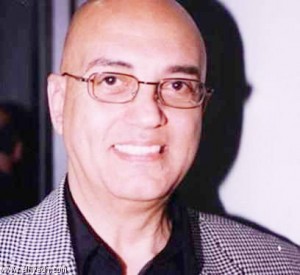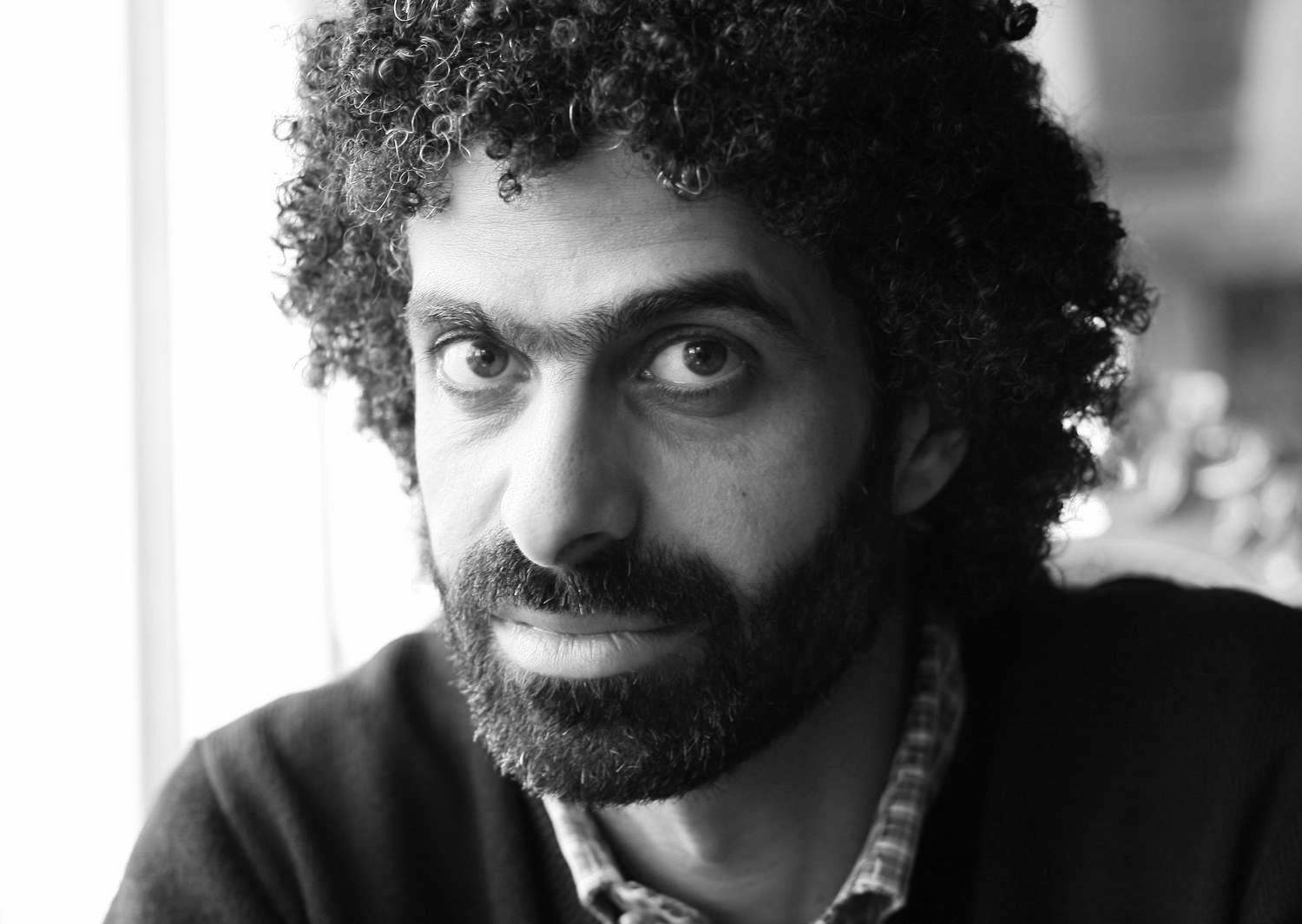The recent visit of the United States Secretary of State John Kerry has pushed several writers to analyse America’s reasons to support the Muslim Brotherhood and President Mohamed Morsi. Meanwhile, some commentators have discussed the objective of demonstrators, who appear persistent to remain in Tahrir Square.
Mohamed Salmawi
The Muslim Brotherhood’s American Support
Al-Masry Al-Youm newspaper
Salmawi argues that reasons that pushed the US to support the Muslim Brotherhood have proven to be weak. He states that the American administration thought that the Islamist group, after the ouster of the National Democratic Party, is the only capable political group to maintain stability, as per America’s interests.
Believing that no other political party was ready for politics other than the Freedom and Justice Party (FJP), the Americans were always under the impression that their political experience will not allow any sort of political chaos.
The United States’ hypothesis was refuted with President Morsi’s first 100 days, states Salmawi. Morsi was not loyal enough to the US, but only to his group and the Brotherhood’s guidance bureau.
Public reaction against Morsi’s regime was apparent after the deaths and injuries of hundreds of Egyptians in different cities across Egypt. The latest visit of the US Secretary of State John Kerry came as part of his country’s support to the Muslim Brotherhood, where he even called upon the opposition to support Morsi. Salmawi criticises Kerry’s justification to Morsi’s support because he was elected democratically.
Emad Al- Din Hussein
Who is benefiting from Tahrir
Al-Shorouk newspaper
The only people benefiting from staying in Tahrir Square today are the Muslim Brotherhood members and the Ministry of Interior, states Hussein. He adds that those who aim at tarnishing the image of the revolution and the revolutionaries are also winning from demonstrators remaining in the square.
The writer condemns the recent incident of a police vehicle burnt in Tahrir. He describes this incident as thuggery and chaotic. Although the Ministry of Interior has committed a lot of crimes, this does not justify burning a security vehicle. This is considered a waste of public property and a spoil to taxpayers’ money.
The problem comes when a woman, who witnessed the incident, named this as part of the political struggle against the regime and the police apparatus. The writer then speaks about the request by protesters to remain in Tahrir, whereas the police want traffic to flow for ordinary citizens to drive freely in Downtown Cairo.
There are many political solutions to this plight, one of them is to allow demonstrators to chant inside the middle island in Tahrir, and allow the remaining space for pedestrians and drivers.
Hussein concludes his column addressing the protests in Tahrir Square advising them that their case is not as strong as it once was and that they should end their sit-ins and resume their normal daily lives.





